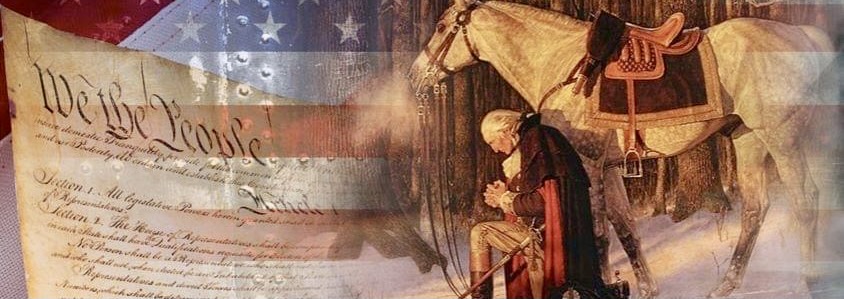Can Colorado’s Electoral Votes be Disqualified?

The United States presidential election process is unique in that it uses an electoral college system to determine the winner. Each state has a certain number of electors based on their population, and these individuals cast votes for either candidate after the general election takes place. However, there are instances where states’ electoral votes can be disqualified due to various reasons such as fraud or irregularities in voting procedures. This article will explore how this process works and provide examples of when it has occurred historically.
Electoral College System:
The U.S. Constitution established the electoral college system as a way to ensure that smaller states would not be overshadowed by larger ones during presidential elections. Each state is allocated a certain number of electors based on its population, and these individuals cast votes for either candidate after the general election takes place. The winner of each state’s popular vote receives all their corresponding electoral college votes unless there are irregularities or fraud detected in the process.
Disqualification Process:
If any irregularities or fraud is discovered during an investigation into a particular state’s voting procedures, then its entire slate of electors may be disqualified from casting their ballots for president. This can happen if there are issues with voter registration lists, improperly counted votes, or other forms of election tampering that affect the integrity of the process. In such cases, it is up to Congress to decide whether they should accept those electoral college votes as valid or not based on evidence presented by both parties involved in disputes over them.
Historical Examples:
There have been several instances throughout U.S. history where states’ electoral votes were disqualified due to fraud or irregularities detected during investigations into their voting procedures. One notable example occurred during the 1876 presidential election between Rutherford B. Hayes and Samuel J. Tilden when four southern states (Florida, Louisiana, South Carolina, and Virginia) were accused of voter suppression tactics against African Americans who supported Tilden’s candidacy. As a result, Congress had to decide whether these electoral college votes should be counted or not – ultimately leading them to accept Hayes as president despite losing the popular vote by over 250,000 ballots cast nationwide.
While it is rare for states’ electoral votes to be disqualified due to fraud or irregularities detected during investigations into their voting procedures, there have been instances throughout U.S. history where this has occurred. The process involves Congress deciding whether they should accept those electoral college votes as valid based on evidence presented by both parties involved in disputes over them – ultimately determining who becomes president of the United States every four years.
References:
“Electoral College System.” U.S. Election Assistance Commission, 2019. https://www.eac.gov/voting-elections/faqs/frequently-asked-questions-about-the-electoral-college/.
“Disqualification of Electors.” The National Archives and Records Administration, 2019. https://www.archives.gov/presidential-library-studies/disqualification-of-electors.html.





